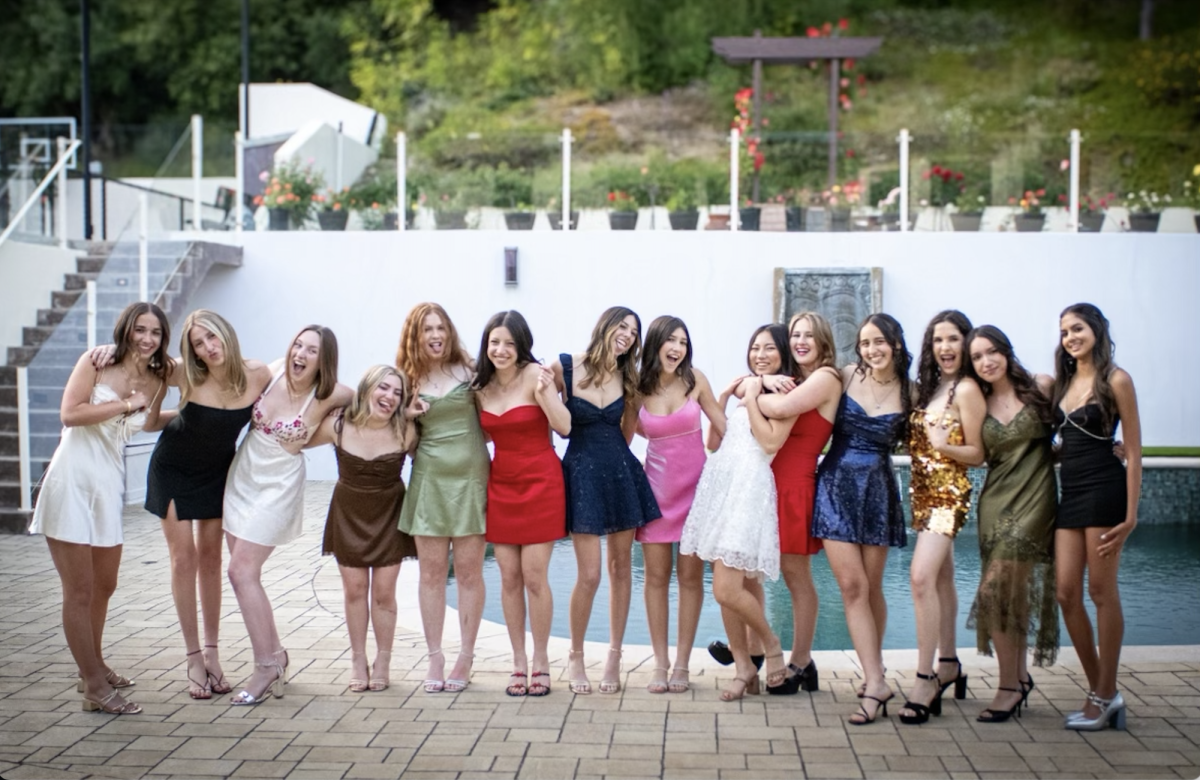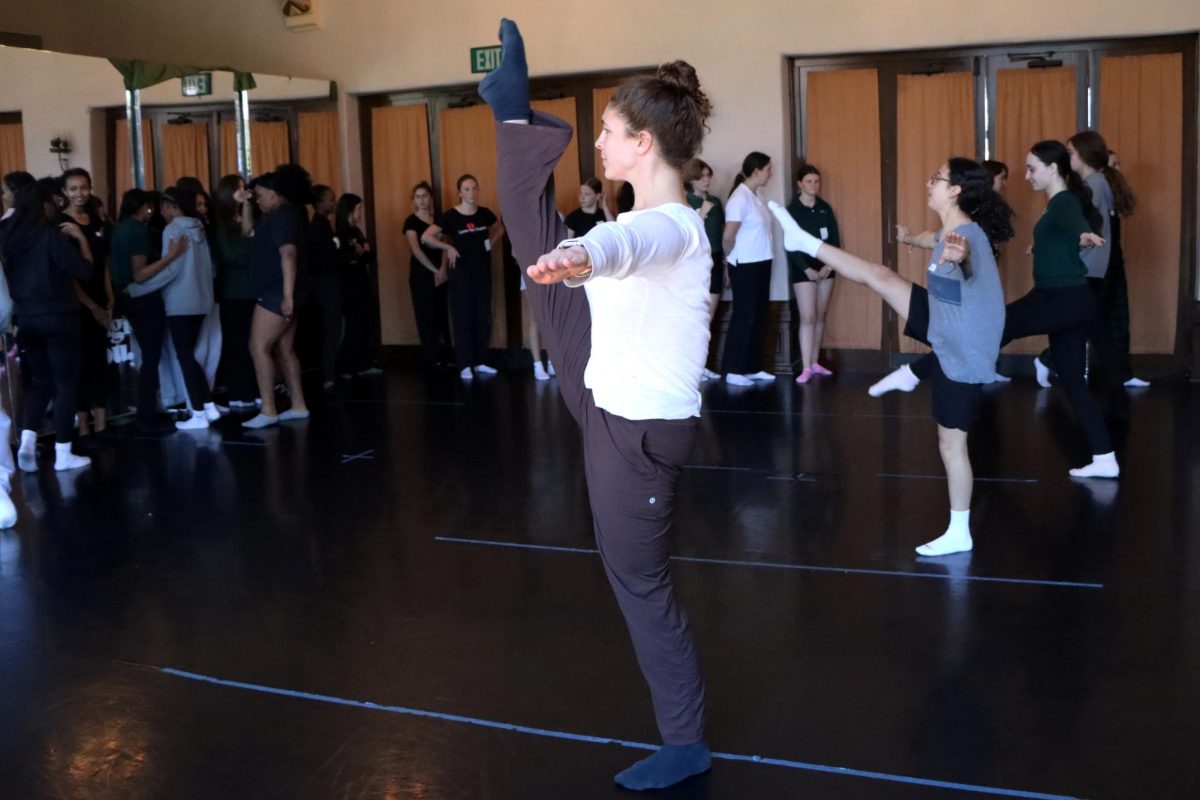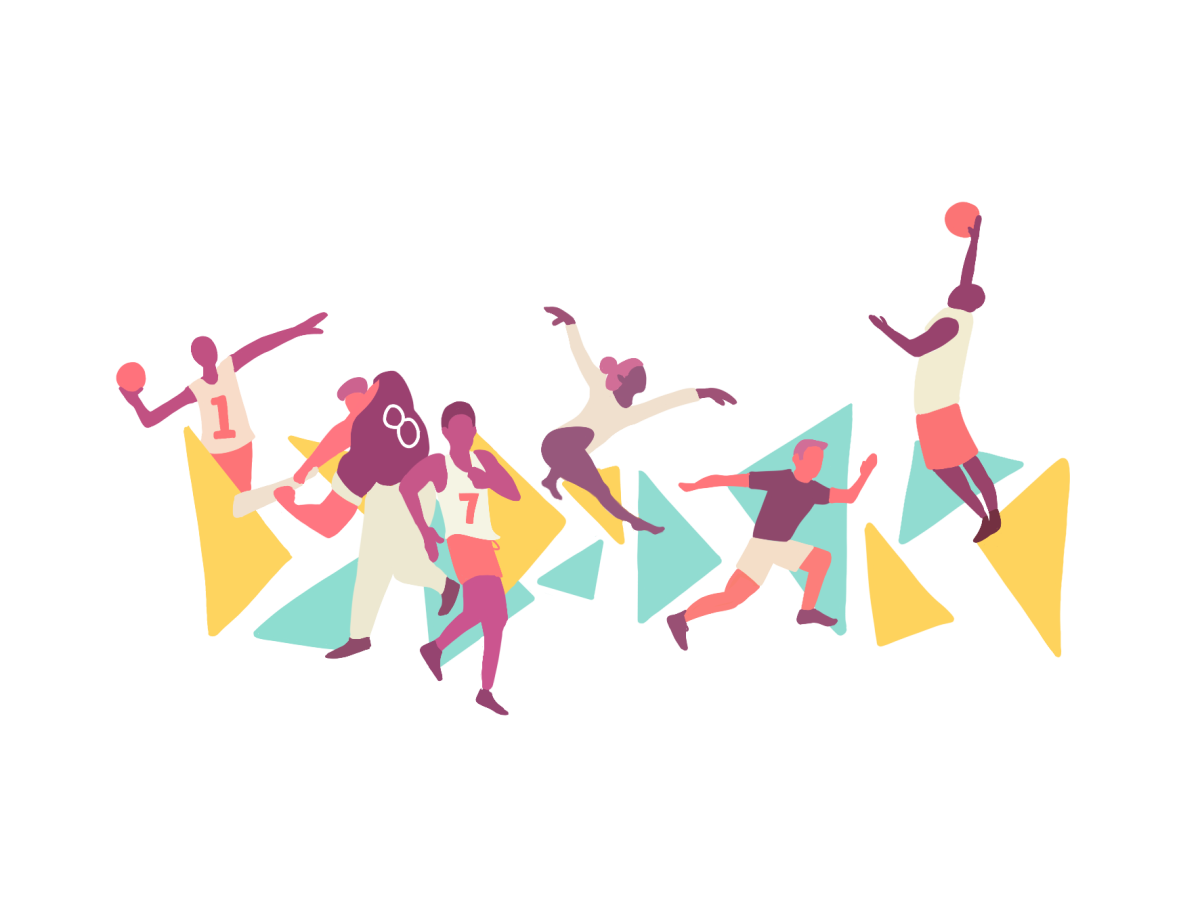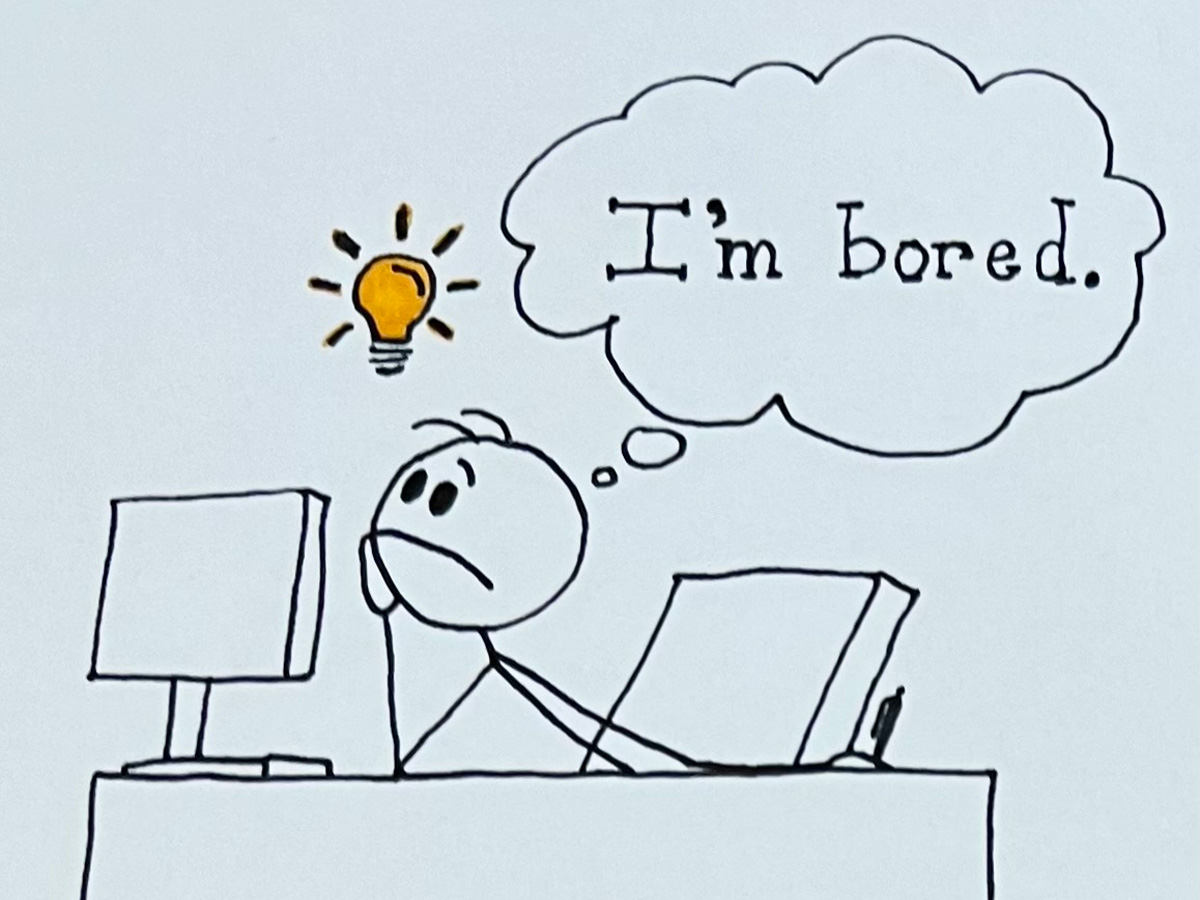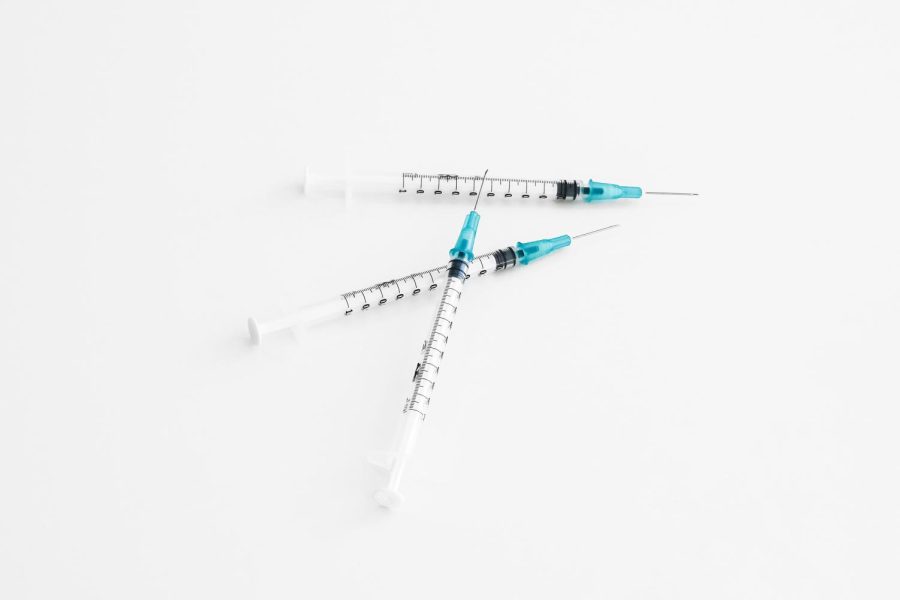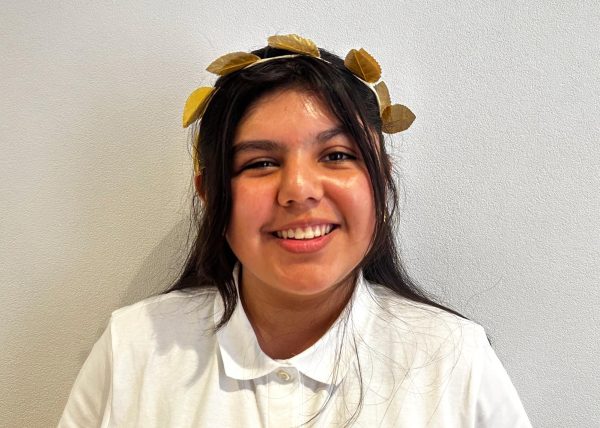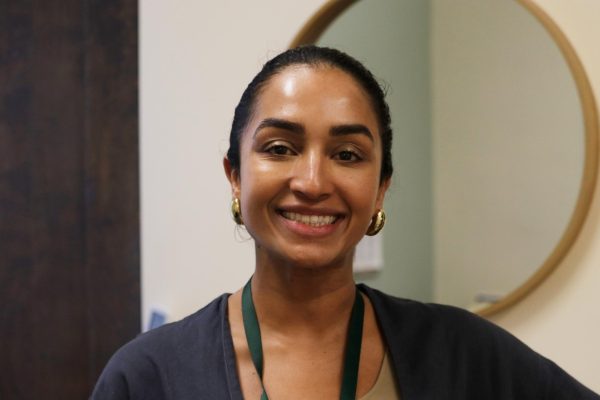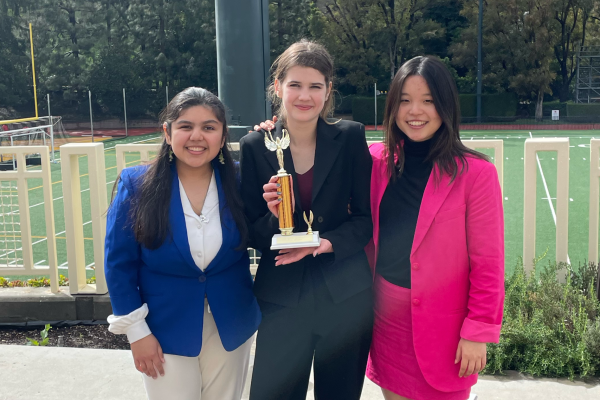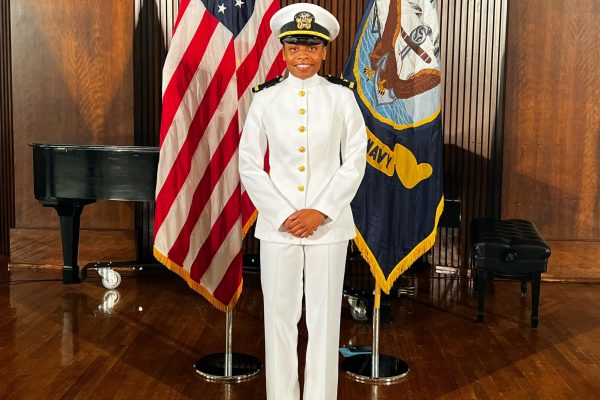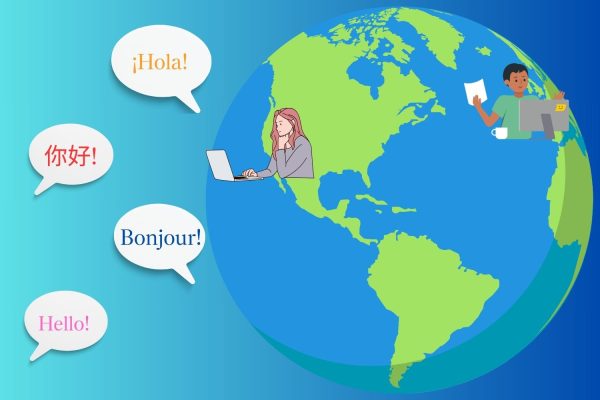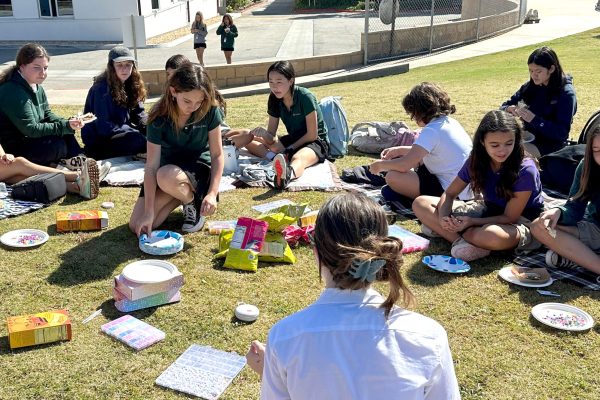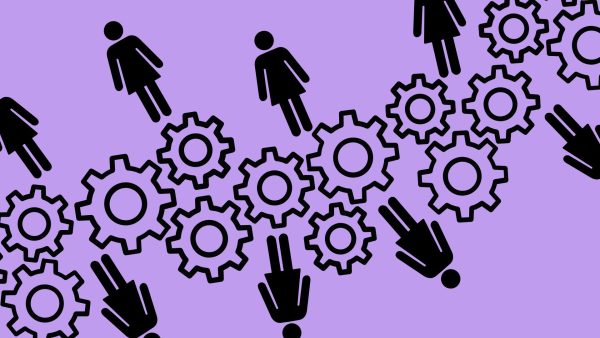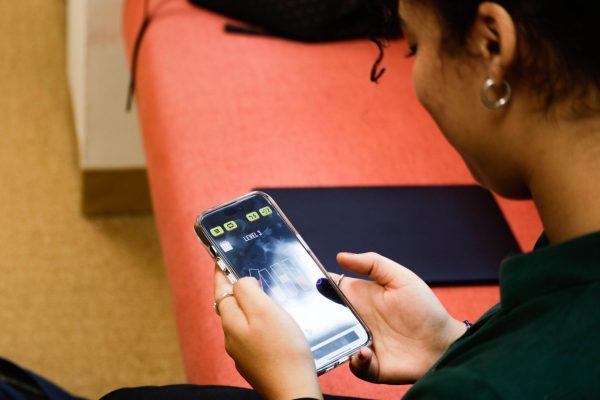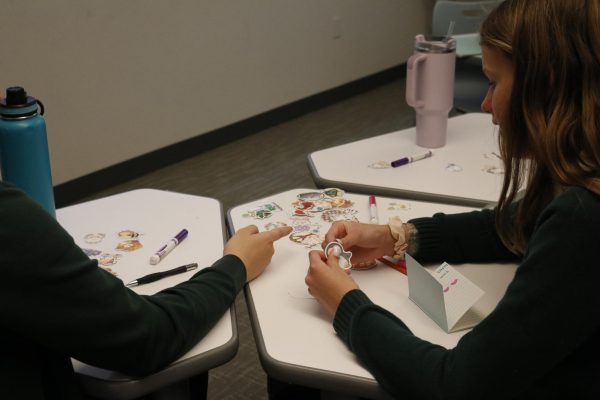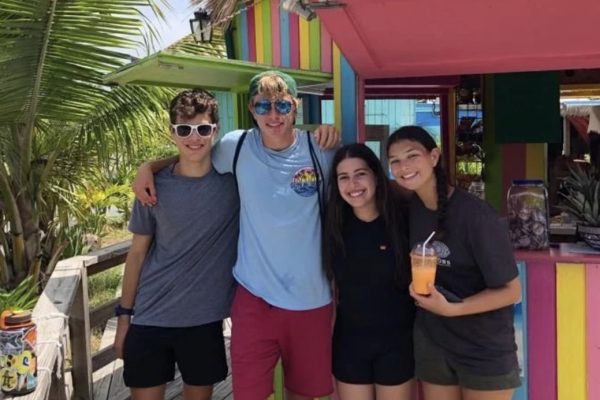‘Extra level of protection’: Archer community shares perspectives on Pfizer-BioNTech booster
Photo credit: Photo credit: Jeremy Bezanger, from Unsplash.com, licensed for reuse
Three syringes are stacked on top of one another. The Archer community reflects on their opinions about the booster and how new protocols will impact campus life. “It’s really a multi-layered approach to keeping our community safe,” Science Teacher Huff said.
January 13, 2022
Currently, the U.S. averages more than 700,000 new COVID-19 cases a day, due to the Omicron variant. On Jan. 3rd, the F.D.A. approved the Pfizer boosters for individuals as young as 12-years-old.
“Based on the FDA’s assessment of currently available data, a booster dose of the currently authorized vaccines may help provide better protection against both the Delta and Omicron variants,” Peter Marks, director of the FDA’s Center for Biologics Evaluation and Research wrote.
A booster shot is an additional dose of any of the available COVID-19 vaccines, including Pfizer-BioNTech, Moderna and Johnson & Johnson’s Janssen, though any eligible individuals under 18 are currently limited to receiving the Pfizer-BioNTech booster shot. In response to the high infection rate, Archer’s administration asked all eligible students to get the booster within 20 days of eligibility. Additionally, staff was required to get the booster by January 3rd or when they reach eligibility, whichever is first.
“Growing evidence that there is a waning immunity to the two-shot protocol,” Associate Head of School for Finance and Operations Jane Davis said. “And based on CDC [and] Los Angeles Department of Public Health, after you’ve received your second shot — you should receive a booster in order to be more safely protected against not just Delta, but this new variant Omicron.”
Davis said the Archer community strives to be at the forefront of safety precautions during the pandemic.
“The CDC is moving towards a model of a three-shot regimen,” said Davis. “And, as we have all along in this pandemic, we want to get out in front of that”
“It’s frustrating to see those around you who are suffering or having lost a loved one or lost people you know. And it’s really hard just to sit there and watch people refuse to get vaccines when you know that potentially it could have saved somebody you love…so it’s hard but I would encourage anybody who’s open to it to get the vaccine and the booster because it’s so helpful for everybody and themselves”.
— Sadie Long
Communal Opinions about the Booster
In an anonymous survey sent out by The Oracle, upper school students, faculty and staff were asked if they viewed the Pfizer booster shot as important for staff and faculty to take, as well as whether or not it was important for eligible students to take it. The Oracle emailed the survey before the Omicron surge to a total of 414 individuals and received 92 responses. In the responses, 95.8% of respondents agreed all faculty and staff should get the booster whereas 87% agreed all eligible students should receive it.
“I feel like the adults around us have a responsibility to us. Yes, they are here to teach us, but also to keep us safe in every aspect,” one survey respondent stated.
Respondents who supported requiring a booster held similar views about the importance of staff, faculty and eligible students receiving the booster shot, including prioritizing safety for those they interact with on campus and in their homes, such as younger and elderly family members.
Business Office Associate Beth Downing echoed Davis’ statement about the responsibility she holds as an adult and a staff member to protect those around her. As a member of the community who has already gotten her Pfizer booster shot, she sees the benefit in others in the community getting theirs.
“We are required to be vaccinated,” Downing said. “So, if we’ve already gone through those steps, what difference does one more shot, one more dose, make to help protect ourselves and the people around us?”
Freshman Julianna Hatton said that though she doesn’t feel strongly about the Pfizer booster shot, she does see the communal effect the booster shot will have on safety reassurance.
“You’re not just protecting yourself … you’re also protecting the people around you and your siblings and your family and your other Archer sisters,” Hatton said. “It is kind of like taking one for the community.”
Sophomore Sadie Long, who strongly agreed with the importance of all eligible members of the community to get the booster, said the booster impacts the Archer community and the entire country. As she regularly encounters elderly family members, she described her struggle with hesitancy about the vaccine and booster.
“It’s frustrating to see those around you who are suffering or having lost a loved one or lost people,” Long said. “And it’s really hard just to sit there and watch people refuse to get vaccines when you know that potentially it could have saved somebody you love … so it’s hard, but I would encourage anybody who’s open to it to get the vaccine and the booster because it’s so helpful for everybody and themselves.”
Since individuals 5 and up are now eligible to receive their initial vaccinations and 12 years old and older are now eligible to receive the booster, the student initial vaccination and booster vaccination rates on campus will increase. As a recipient of a hybrid vaccine, where she received one shot of Moderna and one shot of Pfizer, senior Faith Soriano was worried about the effectiveness of mixing vaccinations. Soriano will soon receive her second Pfizer vaccine through the booster and said she feels reassured completing her senior year with more of the community receiving the booster.
“Even though we all get tested, I would feel a lot safer coming to school, especially for my senior year,” Soriano said. “Last year, both my grandparents died from COVID, so my parents are very protective and, obviously, it worries me.”
However, the other 4.2% and 13% of the responses stayed neutral or disagreed with the booster’s importance. Neutral and disagreeing respondents shared how unequal vaccine distribution, worries of booster side effects and low amounts of research were factors influencing their perspective. As a neutral respondent, science teacher Casey Huff shared that while there’s value in boosting Americans, there is disproportionate vaccine distribution worldwide.
“There are some preliminary studies that are showing that the third dose of Pfizer offers really good protection against the Omicron variants and preventing breakthrough infections,” Huff said. “However, I also look at the worldwide vaccine distribution is still really low. So, we’re never going to get out of this pandemic until we start vaccinating the whole world population, in addition to providing boosters. We need to be really mindful of global vaccine equity and the privilege that we have living in this country, and this time where it’s so easy to get this vaccine, and that’s not true elsewhere.”
In a follow-up interview with Huff, she explained that there are preventative benefits to receiving a booster shot. However, living in the U.S., where there is more significant access to the booster than in other parts of the world, is an advantage not to be overlooked.
“We are seeing a lot of breakthrough cases. But what the booster does is it really prevents you from getting seriously ill and going into the hospital. I think the statistics, despite Omicron, are still very similar to what they were with other COVID cases that the vast majority, upwards of 90% of all ICU admits are people who are unvaccinated. There’s enough immunity there that warrants the booster to keep you out of the hospital,” Huff said. “We’re even starting to talk about fourth boosters for immunocompromised people when some people around the world still haven’t had a first dose. We’re never going to get out of this pandemic if we leave people behind.”
Staying Educated and Safe
According to the survey, 46.5% of the responders have substantial knowledge of the booster. Huff explained her neutral perspective on the Pfizer booster derived from the research she discovered. These resources include the COVID Tracking Project run by microbiologist and epidemiologist Jessica Malaty Rivera.
“There are just so many unbiased really good resources available that I personally have used in conversations with family members or other people I encounter who are vaccine-hesitant and booster hesitant,” Huff said. “I think that it can get very difficult to really assess what is true and what is not true. So, it’s important to have trusted, valuable, credible [and] as unbiased as possible sources.”
Hatton said she continues to encourage those around her to follow protocols and receive the booster if eligible.
“When it is time for me to get it myself and not show off but definitely advertise the benefits and that it was easy,” Hatton said. “There’s plenty of ways to help out without actually being allowed to get it.”

